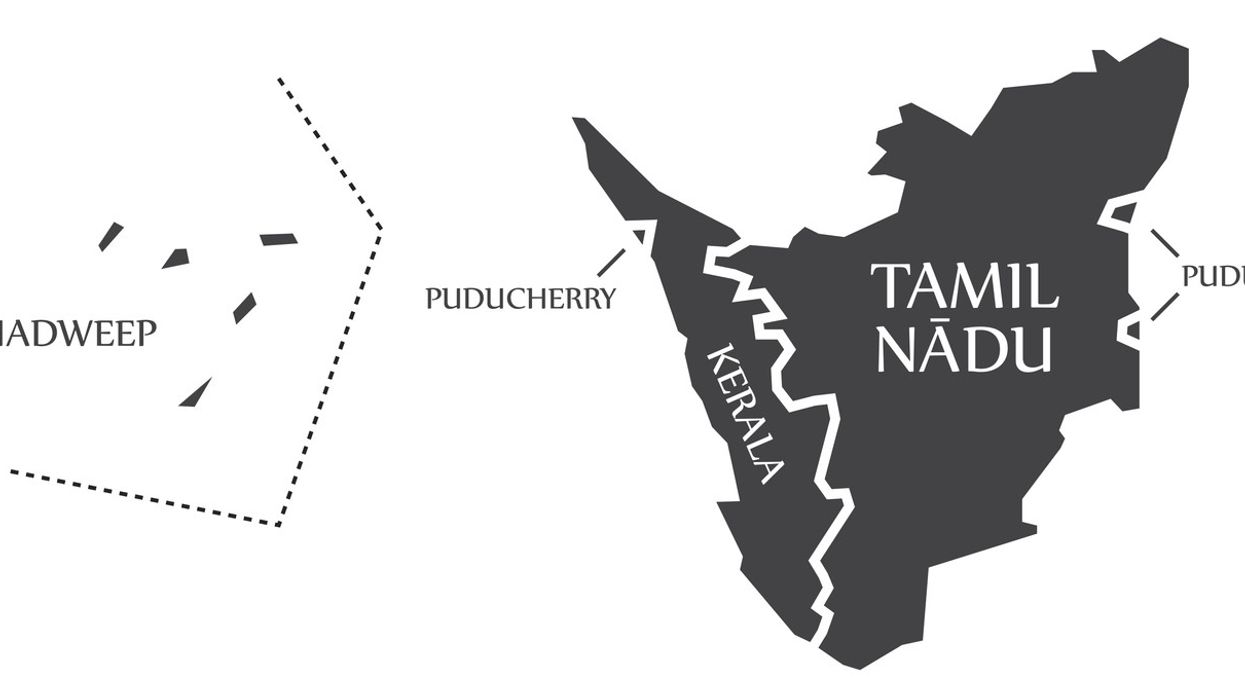Highlights:
US Secretary of State Marco Rubio underlined the volatility of ceasefire agreements in high-tension regions like South Asia, stating, “Ceasefires can fall apart very quickly.” Rubio emphasized that the United States “keeps an eye” on India and Pakistan daily due to the challenges in sustaining truces between long-time rivals. In a recent interview, he explained:
“…the only way to have a ceasefire is for both sides to agree to stop firing at one another. And the Russians just haven't agreed to that. Beyond that, I would say that one of the complications about ceasefires is they have to be maintained, which is very difficult.”
Rubio’s remarks came at a time of heightened scrutiny following repeated clashes and short-lived ceasefires in South Asia, while the shadow of the broader conflict in Ukraine adds another layer of complexity to global peace efforts.
“What we’re aiming for here is a peace deal”
Rather than rely on temporary truces, Rubio highlighted the US’s preferred approach:
“…the ideal here, what we’re aiming for is not some permanent ceasefire. What we’re aiming for here is a peace deal so there’s not a war now and there’s not a war in the future.”
He referenced President Trump’s mediation attempts, pointing out that sustainable peace in regions like South Asia, Cambodia-Thailand, and Ukraine requires more than intermittent ceasefires. Rubio said:
“We’ve seen it in Cambodia and Thailand. We’ve seen it in India-Pakistan. We’ve seen it in Rwanda and the DRC. And we’re going to continue to pursue any opportunities we can find to bring about peace in the world.”
His remarks highlight Washington’s ongoing diplomatic balancing act, striving for negotiated settlements rather than cycles of violence and fragile truces.
“Trump… made peace a priority of his administration”
Rubio credited President Trump’s administration for emphasizing peace efforts, saying:
“We are very fortunate and blessed and should be thankful to have a President who has made peace and the achievement of peace a priority of his administration.”
Rubio cited Trump’s role in mediating previous India-Pakistan tensions and his ongoing outreach to global hotspots.
Since May 10, following US-mediated talks, Trump has repeatedly claimed that India and Pakistan agreed to a “full and immediate” ceasefire due to his intervention. Trump has referenced these achievements almost 40 times publicly, linking the settlement of South Asian tensions to promises of increased trade.
“No foreign leader asked India to halt Operation Sindoor”
Despite US claims, Indian leaders have robustly rejected any notion of external mediation in the most recent ceasefire. In Parliament, Prime Minister Narendra Modi asserted:
“No foreign leader asked India to halt Operation Sindoor.”
Echoing these sentiments, External Affairs Minister S. Jaishankar stated that there had been “no third-party role and the ceasefire had nothing to do with trade.” Indian officials have consistently maintained that any cessation of hostilities between India and Pakistan is the result of bilateral negotiation and not outside influence, underscoring India’s stance on sovereign decision-making.
“Trump… stood there like a little wet noodle, like a little fanboy”
The president Trump’s diplomacy, particularly after the recent Alaska summit with Russian president Vladimir Putin, faced sharp criticism from some prominent figures. Actor and former California Governor Arnold Schwarzenegger lambasted Trump, saying:
“Trump stood there like a little wet noodle, like a little fanboy… You’ve literally sold out at this press conference, our intelligence community, our justice system, and worst of all, our country.”
He lamented the contrast between Trump’s approach to Putin and the resolve of past presidents such as Ronald Reagan.
The joint press conference after the Trump-Putin summit produced no clear breakthrough on Ukraine, with both leaders talking up cooperation but providing few details. Trump maintained “we have a very good chance of getting there,” yet acknowledged significant obstacles remained.
“The understanding we have reached will pave the way for peace…”
Putin appeared optimistic after his discussions with Trump, stating:
“We hope that the understanding we have reached will... pave the way for peace in Ukraine.”
He agreed with Trump that the Ukraine war would not have occurred if Trump had been president during its outbreak, but real progress toward a resolution remains elusive.
Rubio’s remarks reinforce the US commitment to monitoring tense regions and striving for peace deals over fragile ceasefires. Meanwhile, both domestic and international critics weigh in on Trump’s approach, reflecting the complexities of contemporary diplomacy and the constant balancing act required to keep the peace.
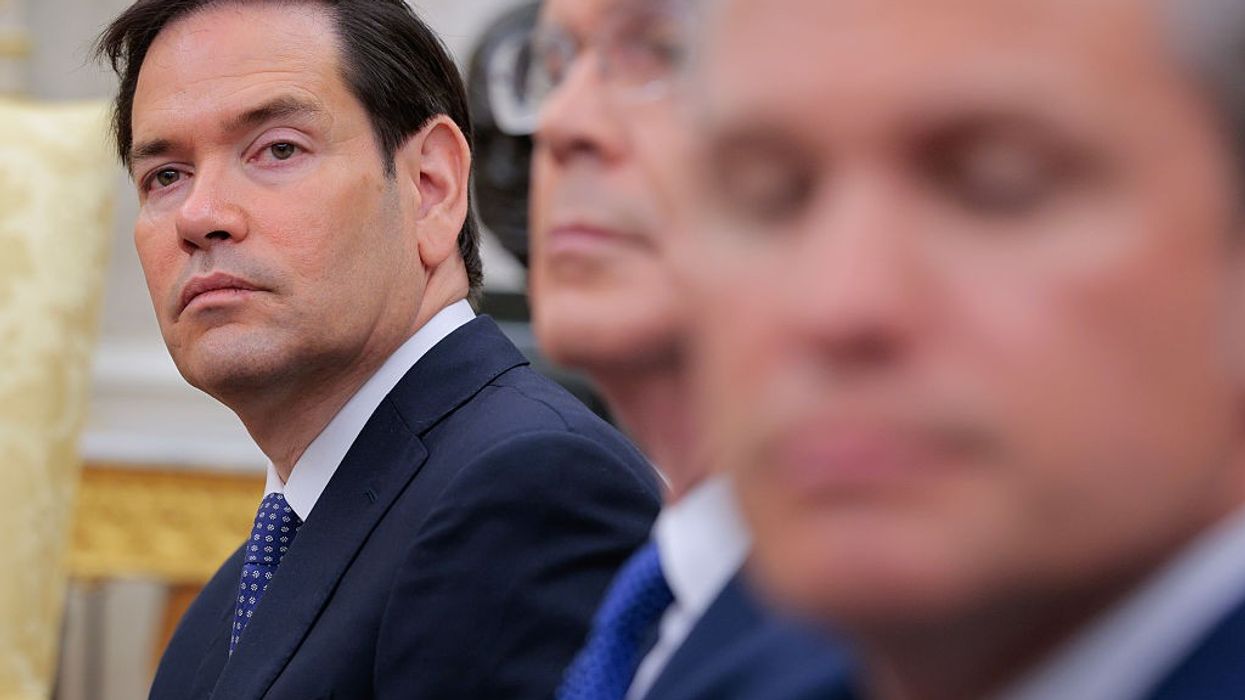

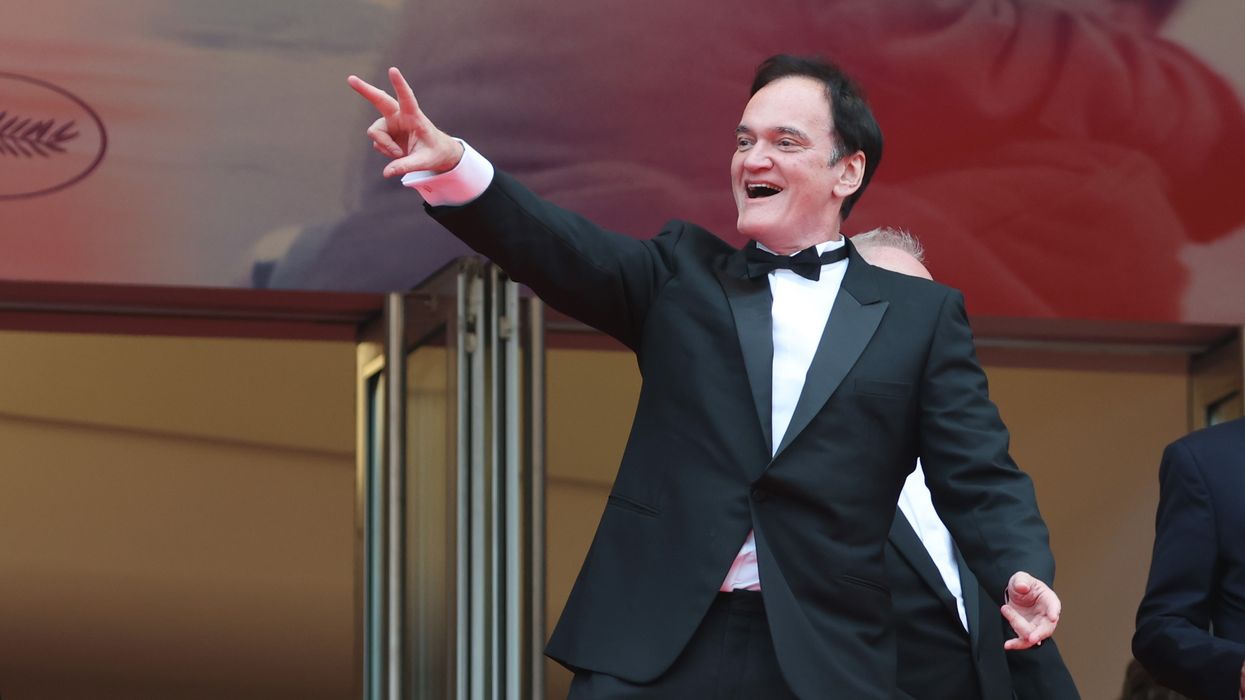
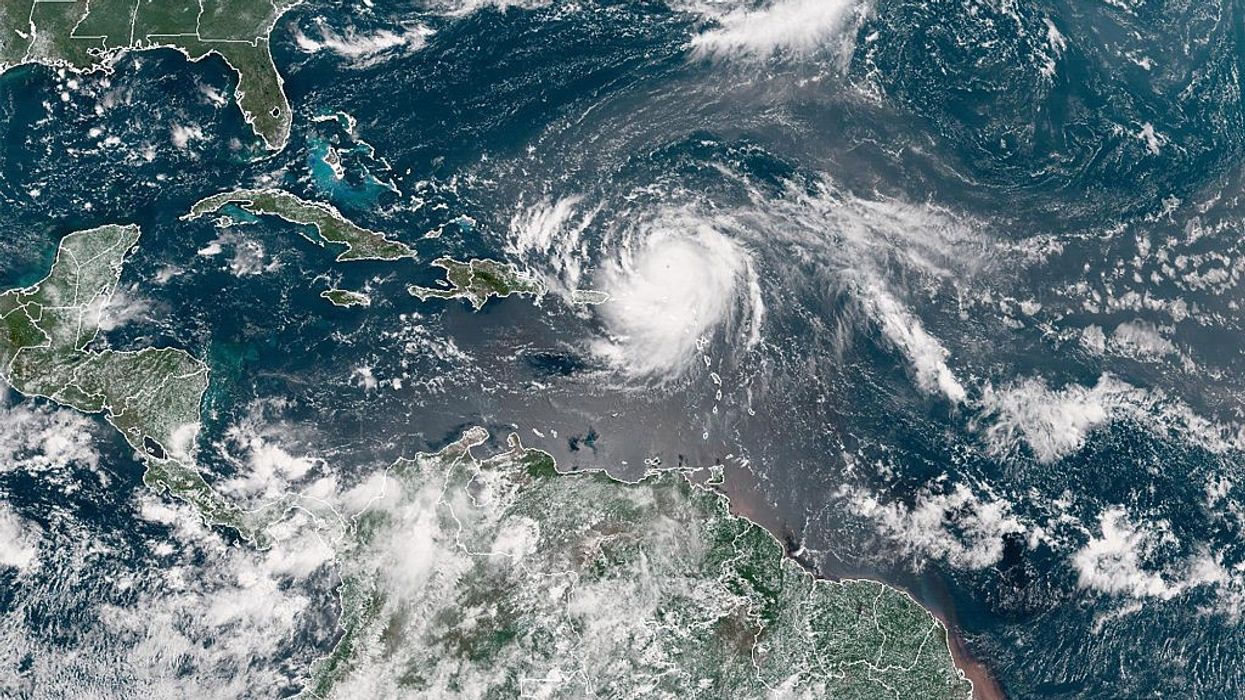

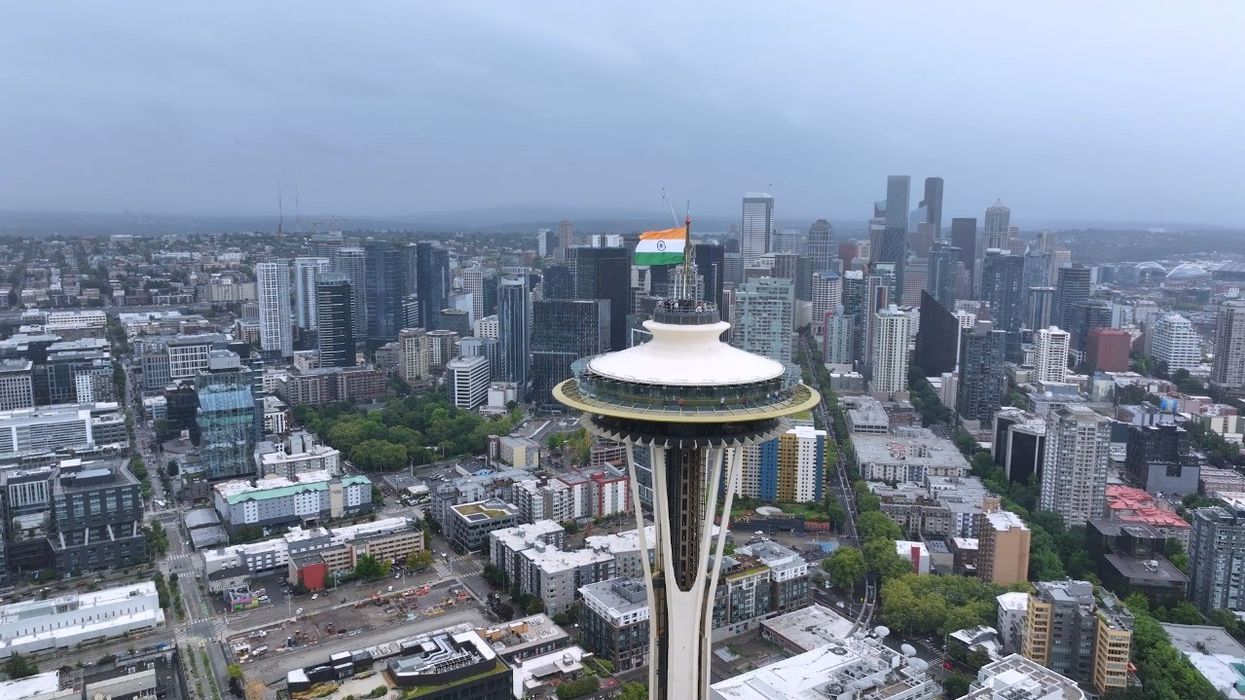

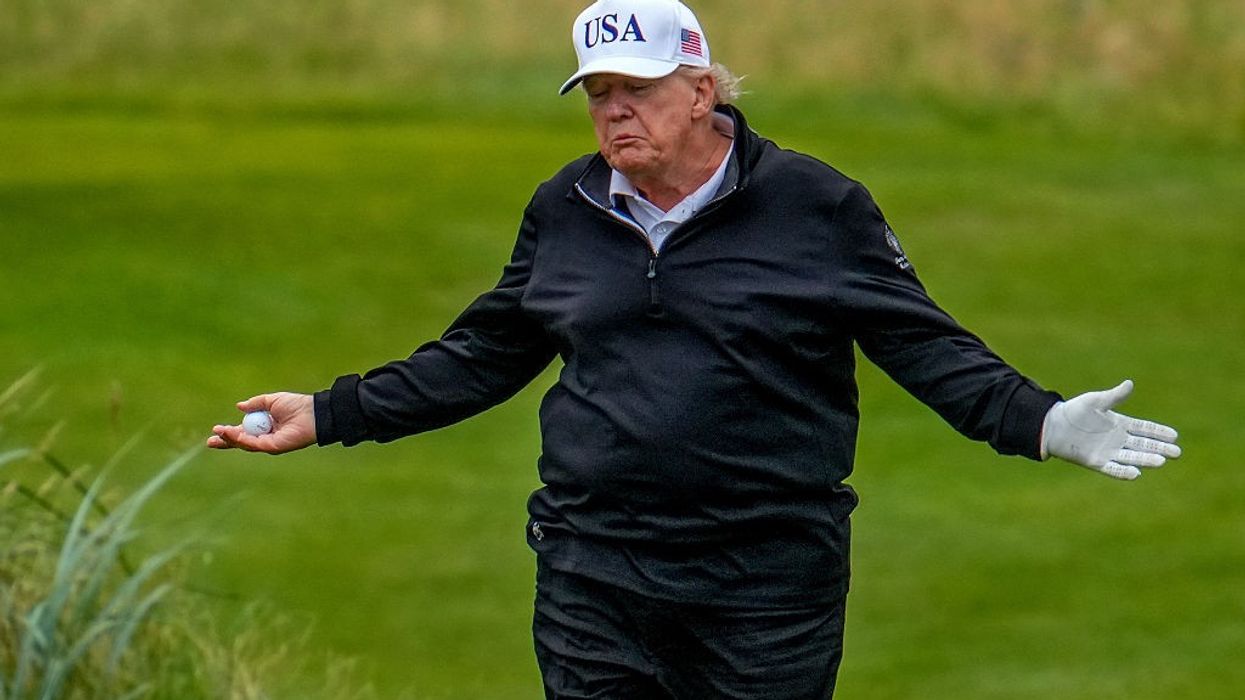


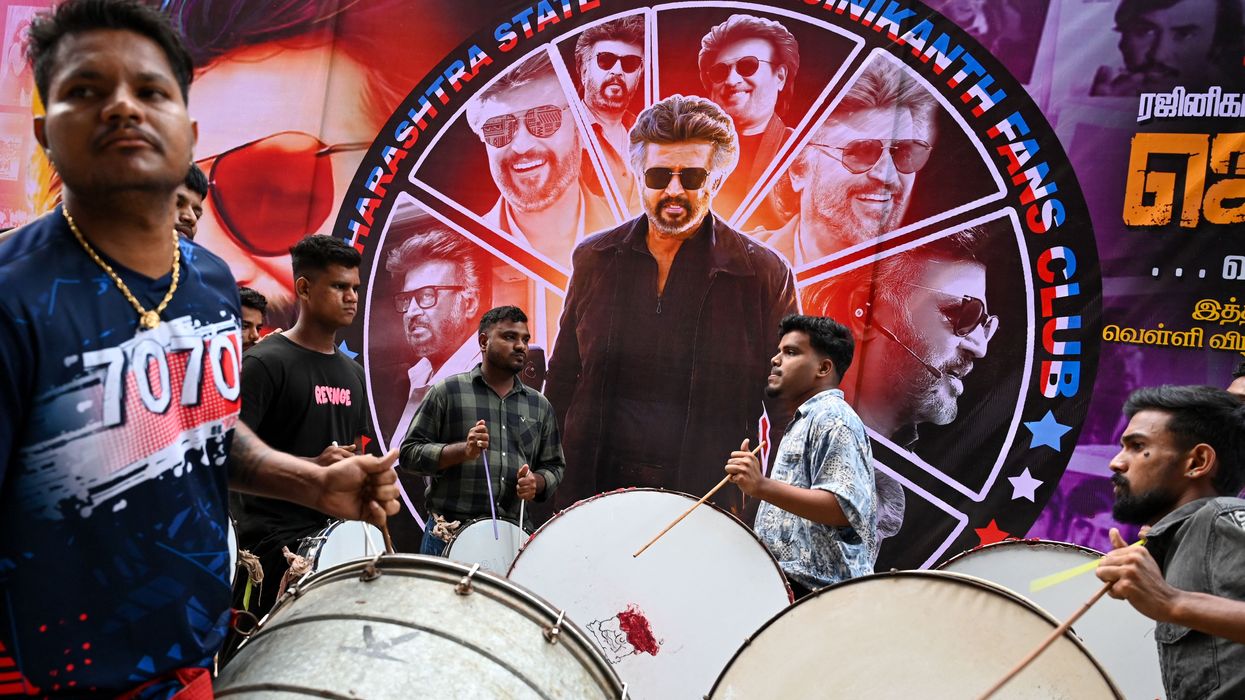
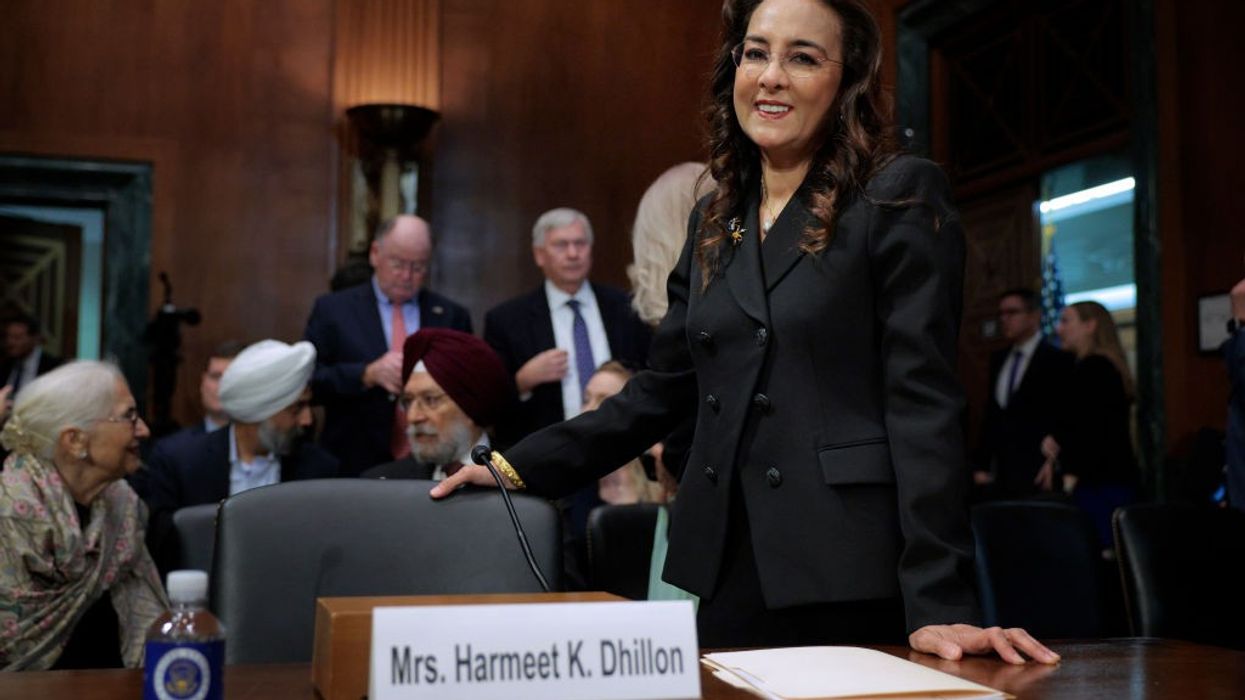
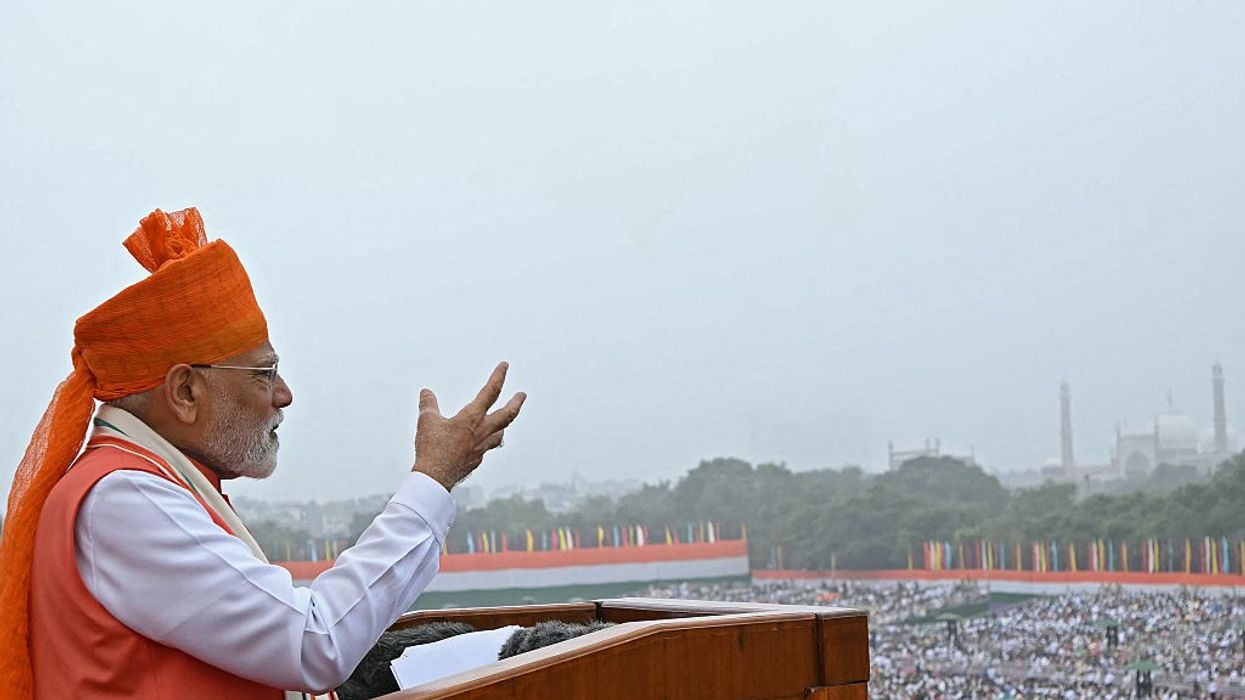
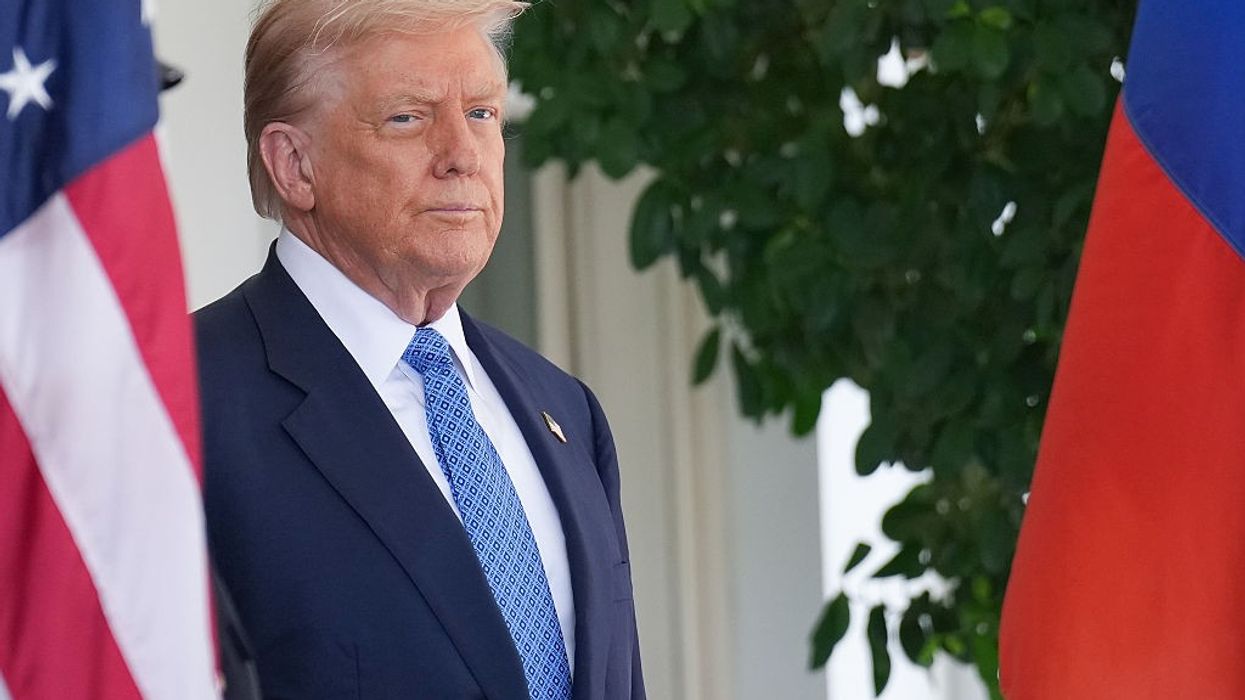
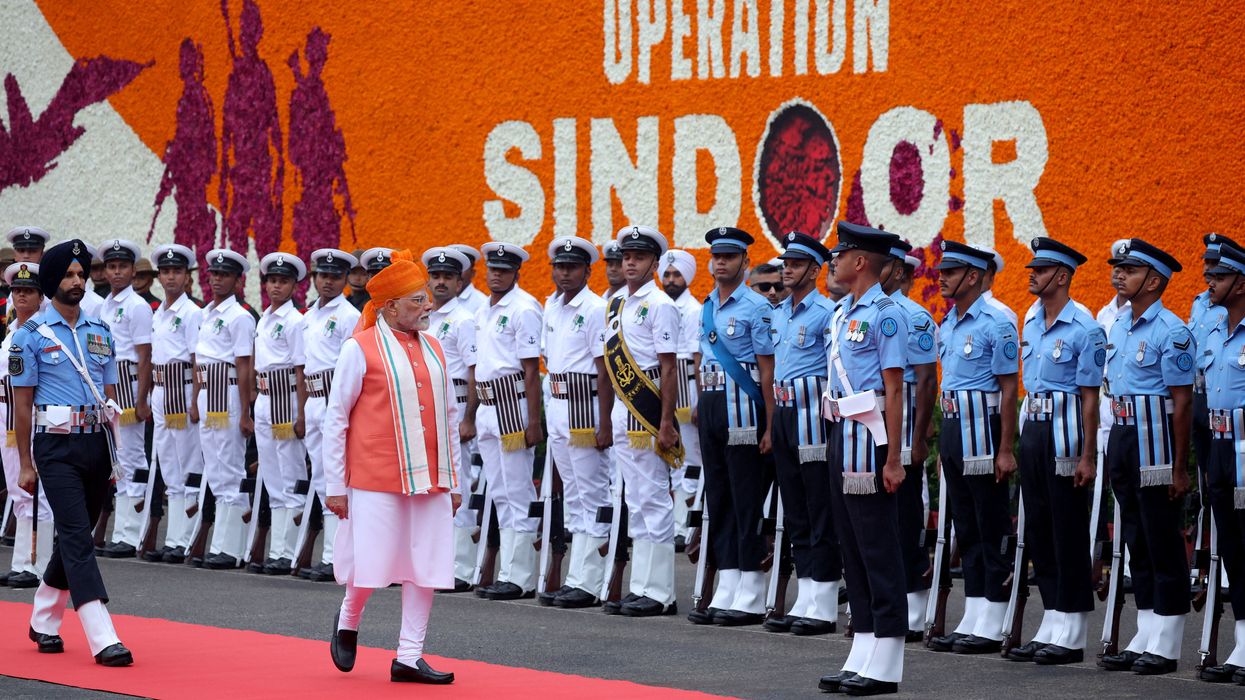
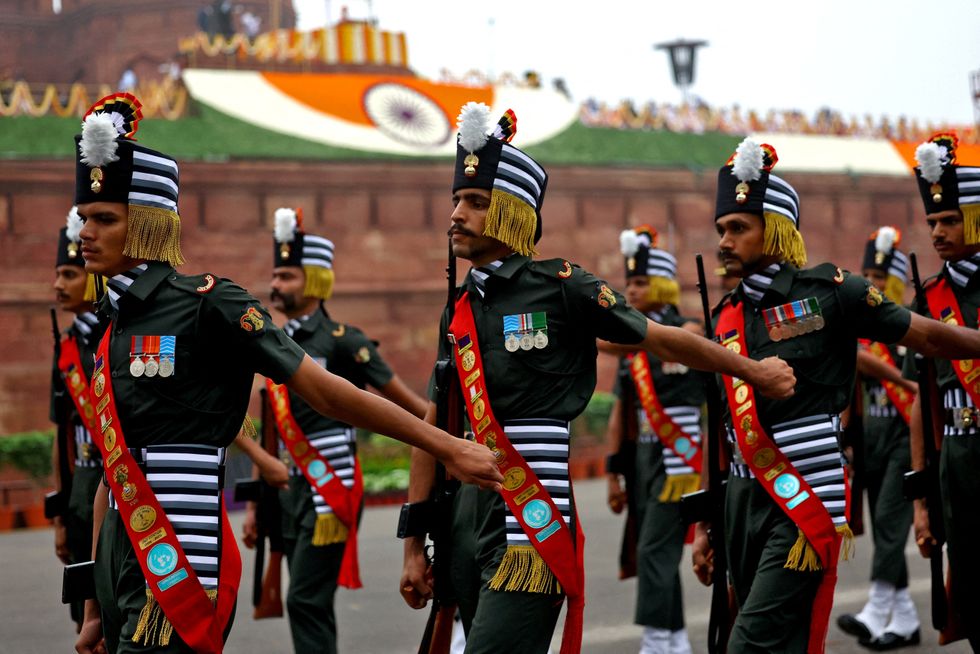 Soldiers take part in a march past during Independence Day celebrations at the historic Red Fort in Delhi, India, August 15, 2025Reuters
Soldiers take part in a march past during Independence Day celebrations at the historic Red Fort in Delhi, India, August 15, 2025Reuters